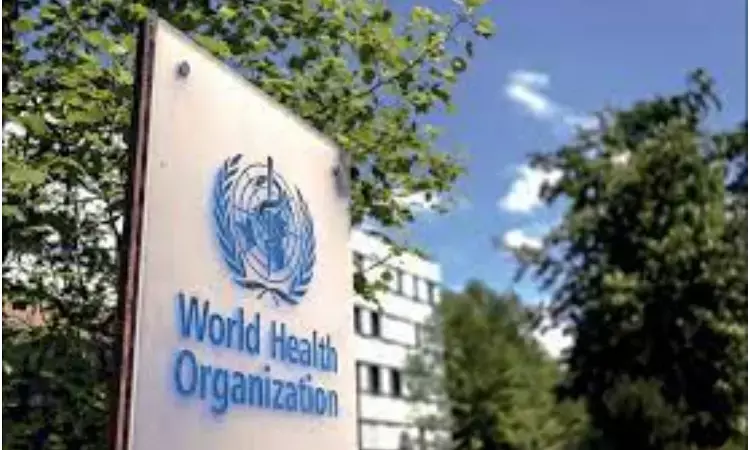- Home
- Medical news & Guidelines
- Anesthesiology
- Cardiology and CTVS
- Critical Care
- Dentistry
- Dermatology
- Diabetes and Endocrinology
- ENT
- Gastroenterology
- Medicine
- Nephrology
- Neurology
- Obstretics-Gynaecology
- Oncology
- Ophthalmology
- Orthopaedics
- Pediatrics-Neonatology
- Psychiatry
- Pulmonology
- Radiology
- Surgery
- Urology
- Laboratory Medicine
- Diet
- Nursing
- Paramedical
- Physiotherapy
- Health news
- Fact Check
- Bone Health Fact Check
- Brain Health Fact Check
- Cancer Related Fact Check
- Child Care Fact Check
- Dental and oral health fact check
- Diabetes and metabolic health fact check
- Diet and Nutrition Fact Check
- Eye and ENT Care Fact Check
- Fitness fact check
- Gut health fact check
- Heart health fact check
- Kidney health fact check
- Medical education fact check
- Men's health fact check
- Respiratory fact check
- Skin and hair care fact check
- Vaccine and Immunization fact check
- Women's health fact check
- AYUSH
- State News
- Andaman and Nicobar Islands
- Andhra Pradesh
- Arunachal Pradesh
- Assam
- Bihar
- Chandigarh
- Chattisgarh
- Dadra and Nagar Haveli
- Daman and Diu
- Delhi
- Goa
- Gujarat
- Haryana
- Himachal Pradesh
- Jammu & Kashmir
- Jharkhand
- Karnataka
- Kerala
- Ladakh
- Lakshadweep
- Madhya Pradesh
- Maharashtra
- Manipur
- Meghalaya
- Mizoram
- Nagaland
- Odisha
- Puducherry
- Punjab
- Rajasthan
- Sikkim
- Tamil Nadu
- Telangana
- Tripura
- Uttar Pradesh
- Uttrakhand
- West Bengal
- Medical Education
- Industry
Regeneron's Inmazeb and Ridgeback Bio's Ebanga recommended by WHO for Ebola

Geneva: The World Health Organization (WHO) has recommended two monoclonal antibody treatments against Ebola, saying the use of such drugs combined with better care had "revolutionised" the treatment of a disease once seen as a near-certain killer.
The drugs - Regeneron's Inmazeb (REGN-EB3) and Ridgeback Bio's Ebanga (mAb114) - use laboratory-made monoclonal antibodies that mimic natural antibodies in fighting off infections.
Read also: WHO recommends Molnupiravir for high risk patients
"Advances in supportive care and therapeutics over the past decade have revolutionized the treatment of Ebola. Ebola virus disease used to be perceived as a near certain killer. However, that is no longer the case," said Robert Fowler, a professor at the University of Toronto, Canada, and co-chair of WHO's guideline development group. Effective care and the use of these treatments now leads to the recovery of the "vast majority" of people from Ebola, he said, without giving specific data.
Read also: Pfizer COVID drug Paxlovid strongly recommended by WHO
The new recommendations follow trials of the drugs against the hemorrhagic fever in Democratic Republic of Congo during a 2018-2020 outbreak there. Dr Janet Diaz, lead of the clinical management unit in WHO's Health Emergencies programme, told journalists the drugs were currently available in Congo but more work was needed to improve affordability.
"Pathways to access is a priority to work on right now," she said
Read also: WHO recommends use of Valneva COVID vaccine
Ruchika Sharma joined Medical Dialogue as an Correspondent for the Business Section in 2019. She covers all the updates in the Pharmaceutical field, Policy, Insurance, Business Healthcare, Medical News, Health News, Pharma News, Healthcare and Investment. She has completed her B.Com from Delhi University and then pursued postgraduation in M.Com. She can be contacted at editorial@medicaldialogues.in Contact no. 011-43720751


